So here I am, seven months after the long awaited release of
Burzum's '
Belus'. There are two simple reasons that this album was so looked forWard to:
Burzum, once arguably the biggest black metal band out there, has had a 11-year hiatus, due to Varg Vikernes (that's 'vee-ker-niss') being imprisoned for murder. (Varg Vikernes being the man behind
Burzum, who does all the instruments and vocals). The other reason being that, if you haven't noticed, black metal as a genre has taken a turn for the worst. Every great band (
Emperor,
Dimmu Borgir,
Darkthrone,
Mayhem) has either broken up or allowed their music to turn into garbage. I guess that made
Belus the album people hoped would bring back black metal to its underground, unheard of, nitty-gritty glory.
And let me say that I am one of the people who was rabid with anticipation. I wasn't there when Varg Vikernes started
Burzum. I wasn't there when he released his albums (at least, I wasn't into heavy metal) and now, I was witnessing a comeback that almost nobody thought would happen.
And I was ready for a great album.
Eventually, the album came out. It was called
Belus, named after the same mythological god that
Burzum's ambient albums were based on (nice to know Varg is still obsessed with the same story after 13 years)... With learning this, I figured that Varg would be doing his ambient albums with guitars, drums, and vocals. Then I saw the album artwork, and had another wierd feeling that this album would be dissapointing. To me, every
Burzum album before
Belus had perfect cover art: it really depicted the atmosphere in each album, and eccentuated the atmosphere. This... I dunno about this. A lush, green photograph of trees? Looks like a picture you would see on the label of a bottle of water... they could call it the 'Spring Quencher'!
As far as the music goes, I guess I would call
Belus very similar to
Burzum's '96 release, '
Filosofem', mainly because of the production: tinny, hissing guitars, low bass, scratchy vocals... the only major difference is the drums are much more audible... though that isn't saying much. Simply put, the guitars dominate everything, and that's clear from the start. The atmosphere of
Belus is what I'd describe as being sleepy, monotone... but with intention. Sure, the album lacks agression, but then again, Varg asserted before the release of
Belus that his fans should not expect to hear agressive intensity. This sleepy atmosphere took a LOT of getting used to though. If you've ever heard an album called '
Forgotten Legends' by a band called
Drudkh, then you'll know what I mean. This album does vary and have more range than
Forgotten Legends, but it does strike the same droning tone. Remember, I heard
Belus right when it was released, didn't like it, and now, seven months later, although I'm not in love with it, I can see what Varg was trying to do. Concerning the vocals, I guess I was really anticipating the trademark wails and screams of Varg Vikernes: the dark, foreboding, torturous noises he can make really added a lot of passion and energy to an album... one you got used to them. I heard from quite a few
Burzum fans that they too were dissapointed with the retreading of the
Filosofem vocals, but I can think of two big reasons that Varg didn't use the regular approach. For one thing, the last time Varg recorded those types of vocals was back in 1992, during the recording of
Hvis Lyset Tar Oss, when Varg was just nineteen. He's a thirty-seven year old man now, and his vocals probably ain't what they used to be. Also, this album has a sort of droning, medetative pace to it. It uses monotony as an intended atmosphere, and his softer growl and tremolo picked guitars have a sort of soft, blanketed feel. If Varg had been doing his regular wailing his head off, it would have been harder to sustain the soft, sleepy feeling he was trying to portray. Aside from those
Filosofem-esque growls, we also get a bigger taste of Varg's soft, casually sung voice, especially in the song 'Kaimadalthas' Nedstigning', which has more singing than growling.
Belus starts with the closest thing that you'll get to 'synth' in this album: the sound of someone turning an empty can of spray-paint upside down over and over again. Kind of annoying... What it's doing on this album,
God knows. It's dissapointing too, because I thought that
Burzum's strong point in the albums '
Filosofem' and '
Hvis Lyset Tar Oss' was the use of keyboards to eccentuate (never dominate) the music. Not to mention the odd keyboard driven instrumentals (songs like 'Han Som Rieste' and '
Tomhet') are sorely missed.
That makes this
Burzum's first album that is completely devoid of keyboards... and how does that fair out? Well... not good. It's not necessarily terrible; in fact it's far from it. It just strips this album of a lot of its potential range.
Another problem a lot of people complain about when referring to
Belus is the fact that the riffs are repeated ad-infinitum throughout each song. There's usually an A-B-A-B-A-B-C-A-C-A-C kind of pattern going, although of course that's only in general. The thing that needs attention are the subtleties. There are little subtle changes in the patterns; whether it's a drumming alteration, or the tempo is tweaked a little, or the guitar riffs start differing slightly, and once you start to pick them out (which takes some concentration in the music) it should become easier to sit through the album, and even make the album enjoyable.
In the end,
Belus is not a bad album. It's a good album, sure, but for
Burzum it is very sub-standard and a little dissapointing. It goes on for longer than it should, and sometimes the repetition of the riffs doesn't feel justified... But mostly, it just isn't very definitive for
Burzum, let alone black metal. Every other black metal
Burzum album is great to me, and helped define black metal in some way at the time of its release. The self-titled debut set down the black metal style of drumming and tremolo-picked guitar work,
Det Som Engang Var set the slower, darker pace with dark interludes,
Hvis Lyset Tar Oss set the less-than-eight track listing of drawn out, atmospheric soundscapes and contemplative songwriting,
Filosofem established the minimalistic era, with a lot of long ambient stretches and intentionally bad production, and you couldn't find any other album like it at the time of release. For
Belus, it just isn't that unique. Wolves in the Throne Room and early
Drudkh come to mind when listening to this. I guess that's what hurts this album the most.
And referring again to the album art, I still don't like it at all. I tried to come up with a good mental picture that would work with the music from the album and what I got was the image of a crow flying over mountains and forests, eclipsing the sun.
Anyway, if you're a fan of Wolves in the Throne Room sort of stuff, you'll really appreciate this album. If you're looking for Varg's masterpiece, if you're a big
Burzum fan looking for a great, innovative and daring new album, or a very heavy EXTREME album, you are going to be dissapointed. I don't think Varg's mentality for the album had to do with being HARSH N BROOTAL YO. I think he was going for a sleepier, more melancholy feel, and the production reflects that. All in all, Varg made an album that acheived the atmosphere he wanted. The fuzz in this album relaxes you.
Trust? in Varg's fuzz.
Most importantly, give it time to grow on you.
====
Songs I would recommend to get a feel for the album would be Keliohesten and Glemselens Elv. Glemselens Elv, is a long, winding track that hits the eleven minute mark, and is defenitely one of the more atmospheric tracks here. There's also a lot of technical guitarwork in it, too. Keliohesten is a shorter song, more agressive than Glemselens Elv, and packs a punch. It sounds like something that could have been of
Burzum's debut, outside of the fact that there is really no climax or finale to the song.
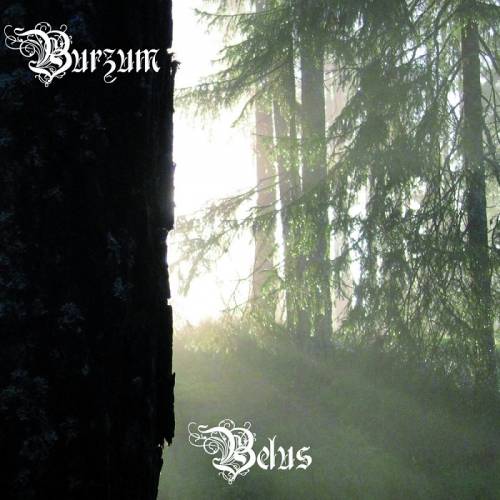
 Burzum : Belus
Burzum : Belus













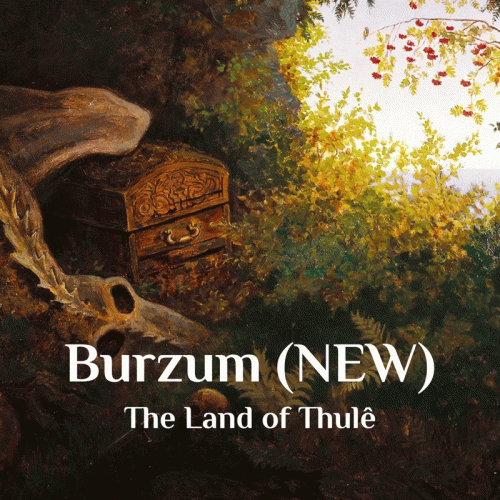
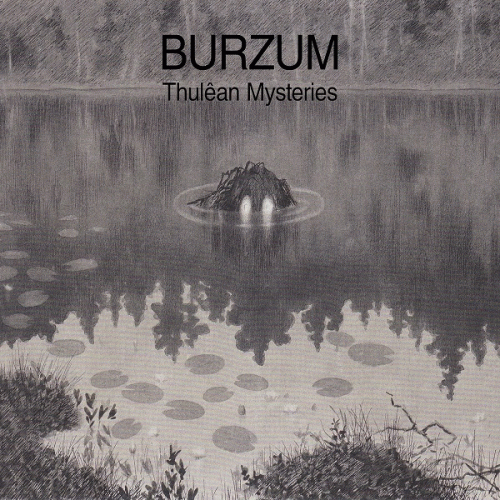
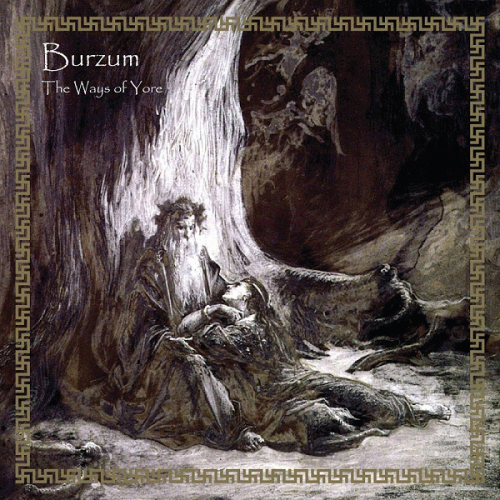
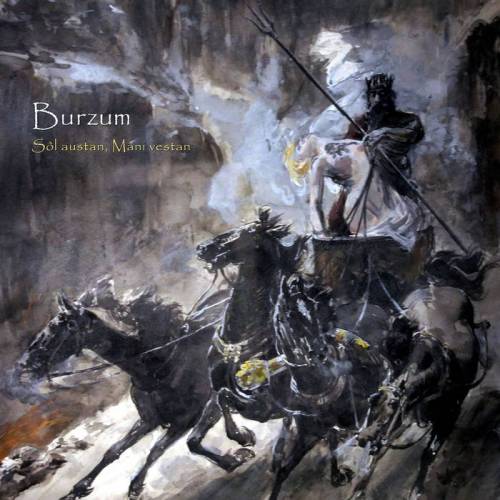
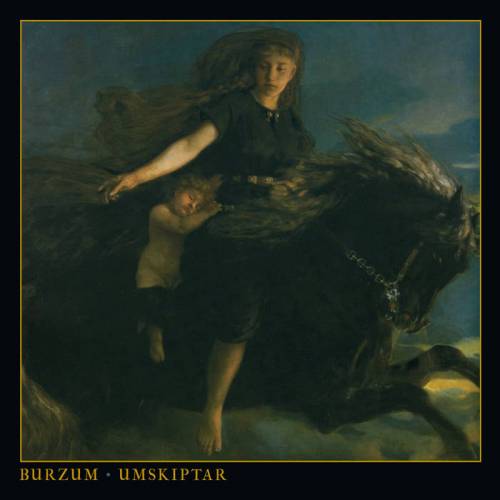
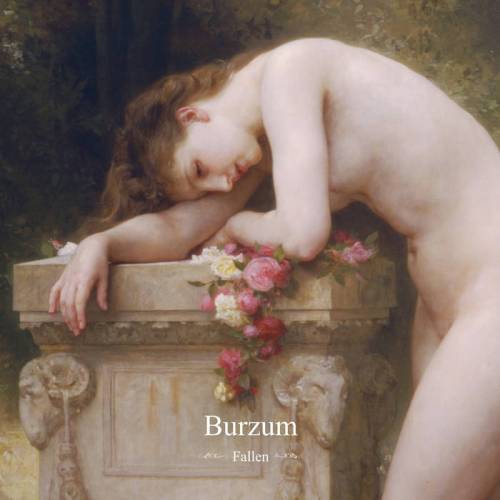
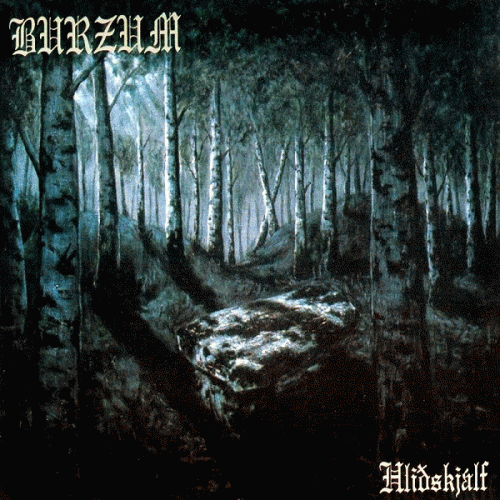
/Daudi Baldrs (Balder's Dod)_9178.jpg)
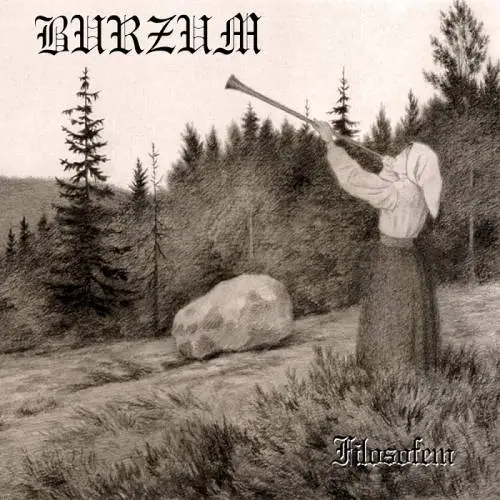
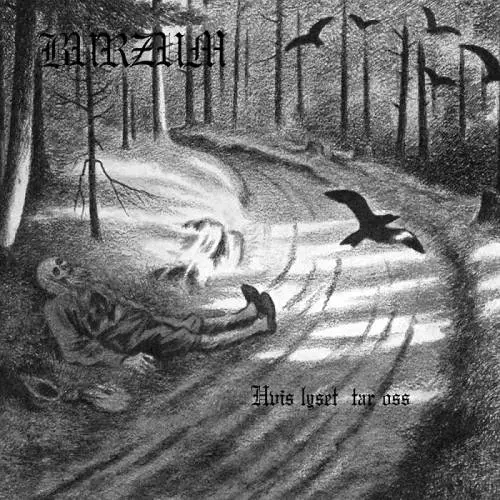
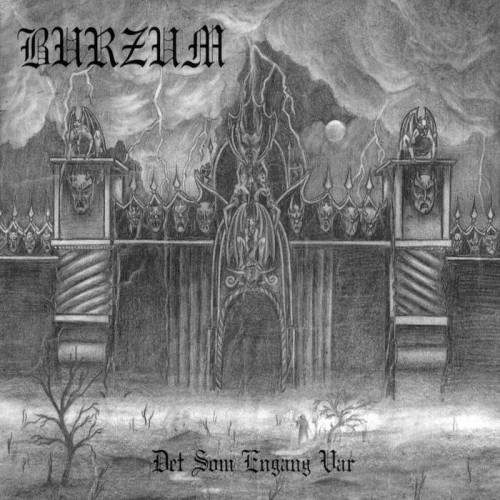
É necessário que estejas conectado/a para adicionares um comentário